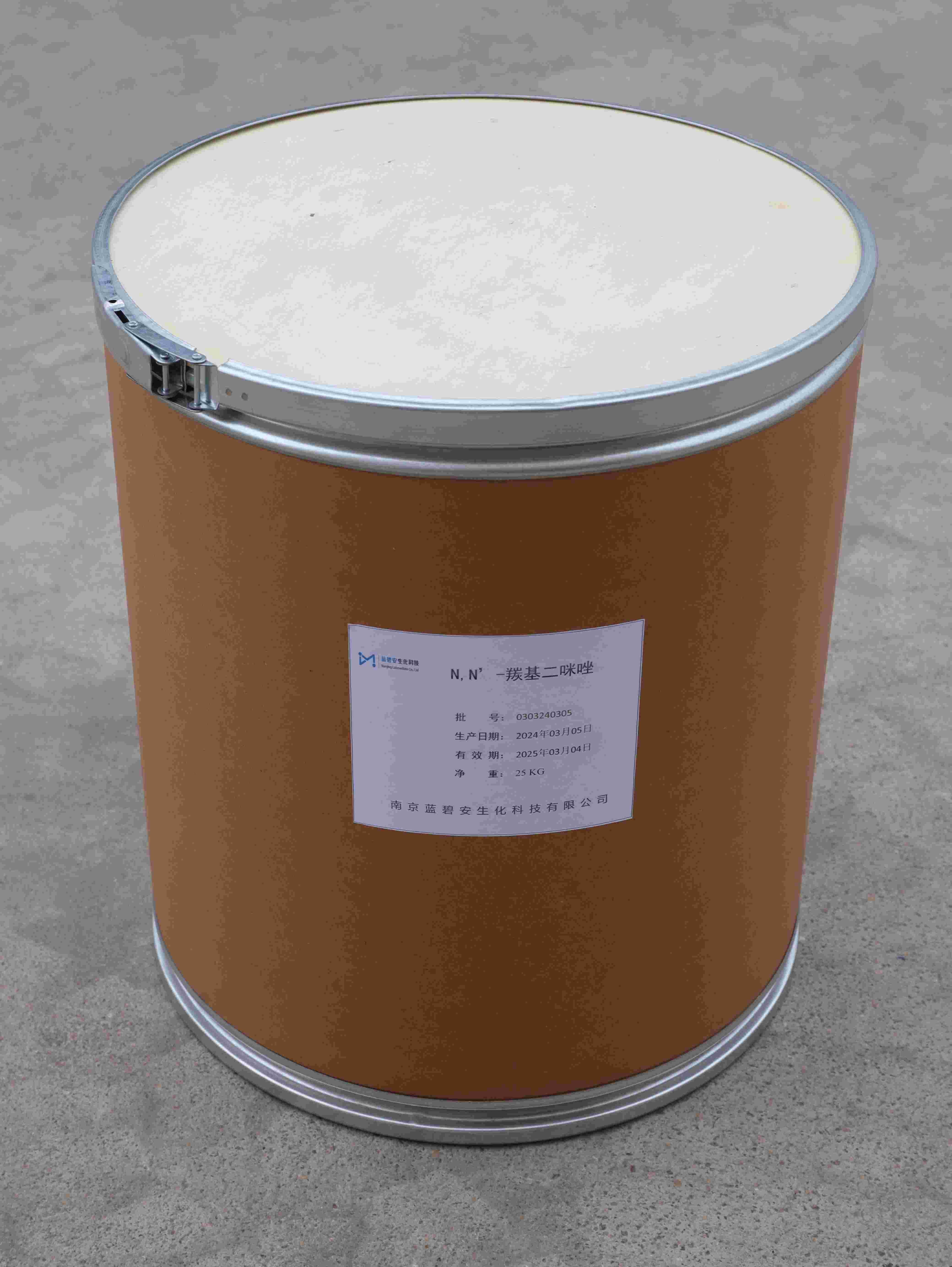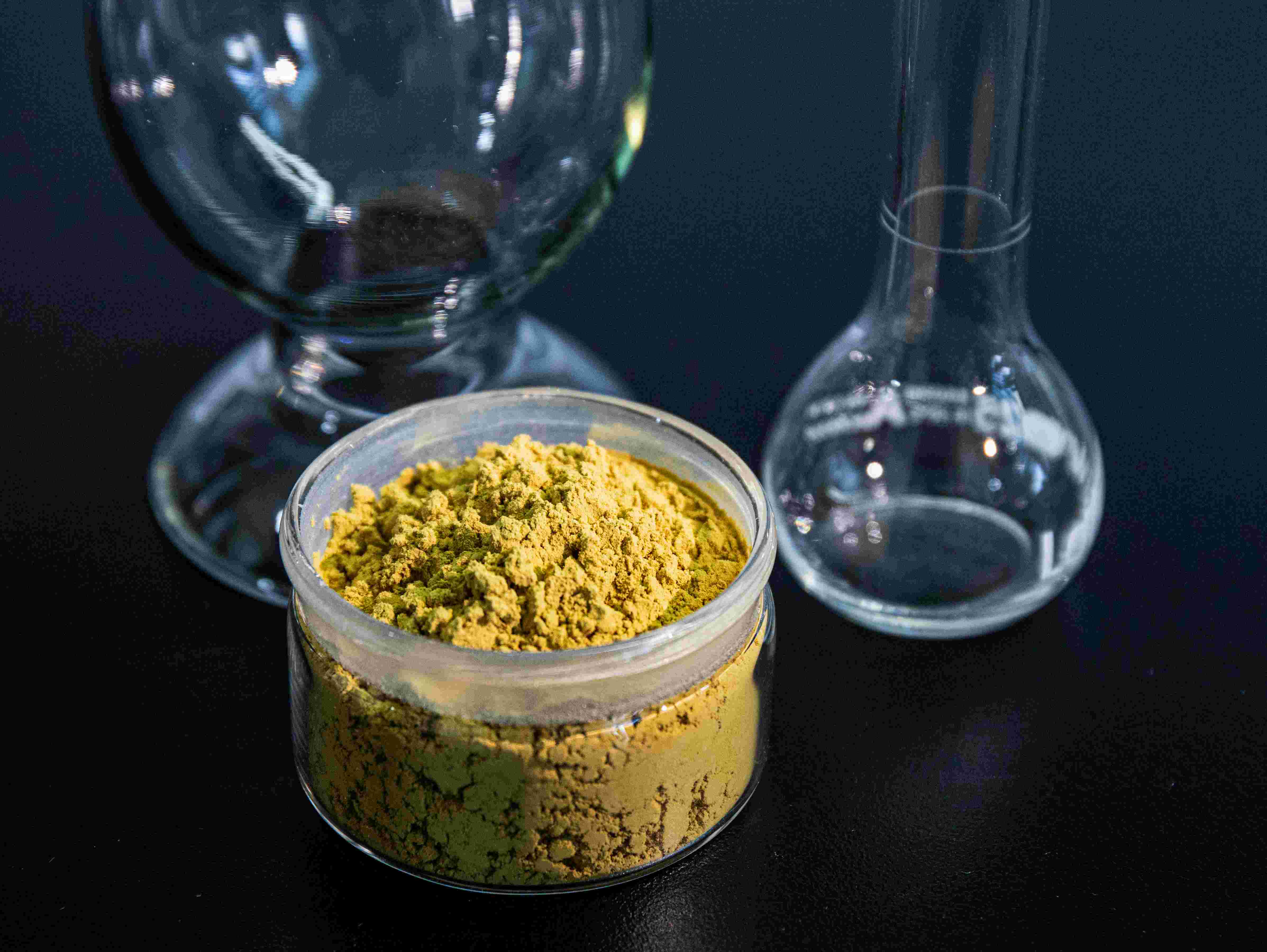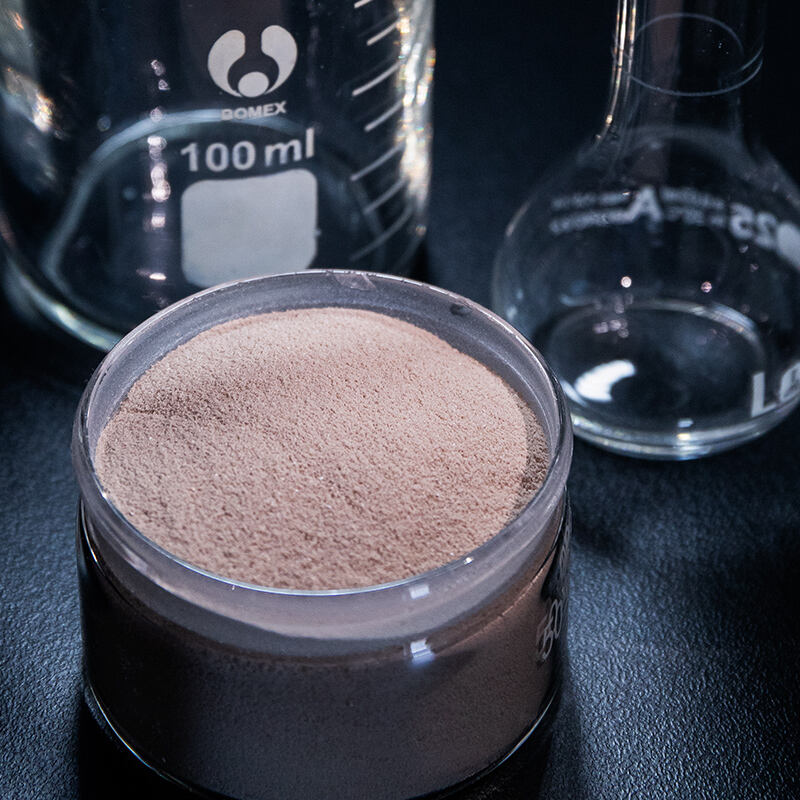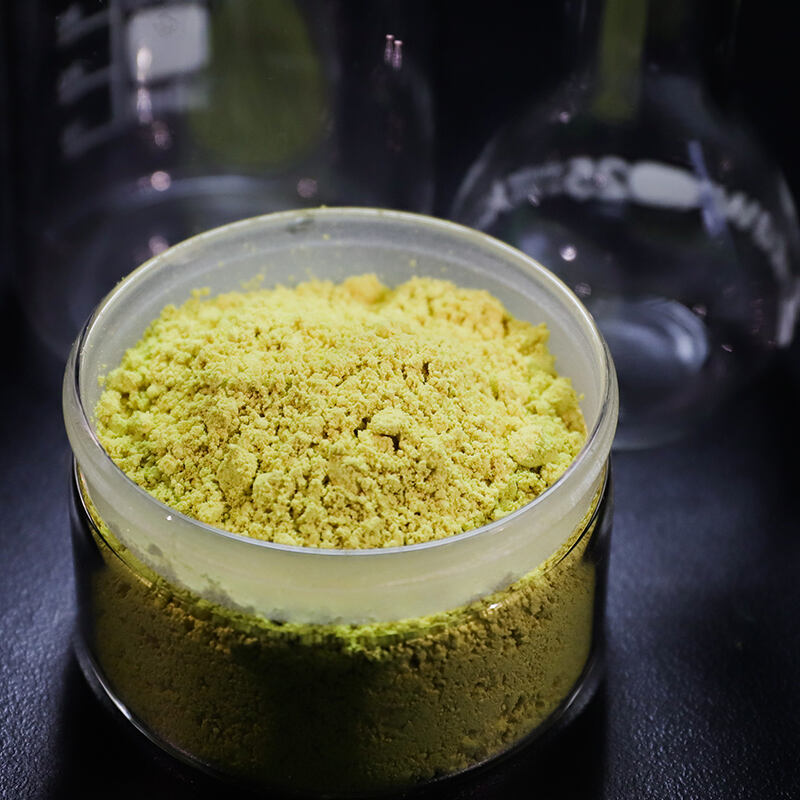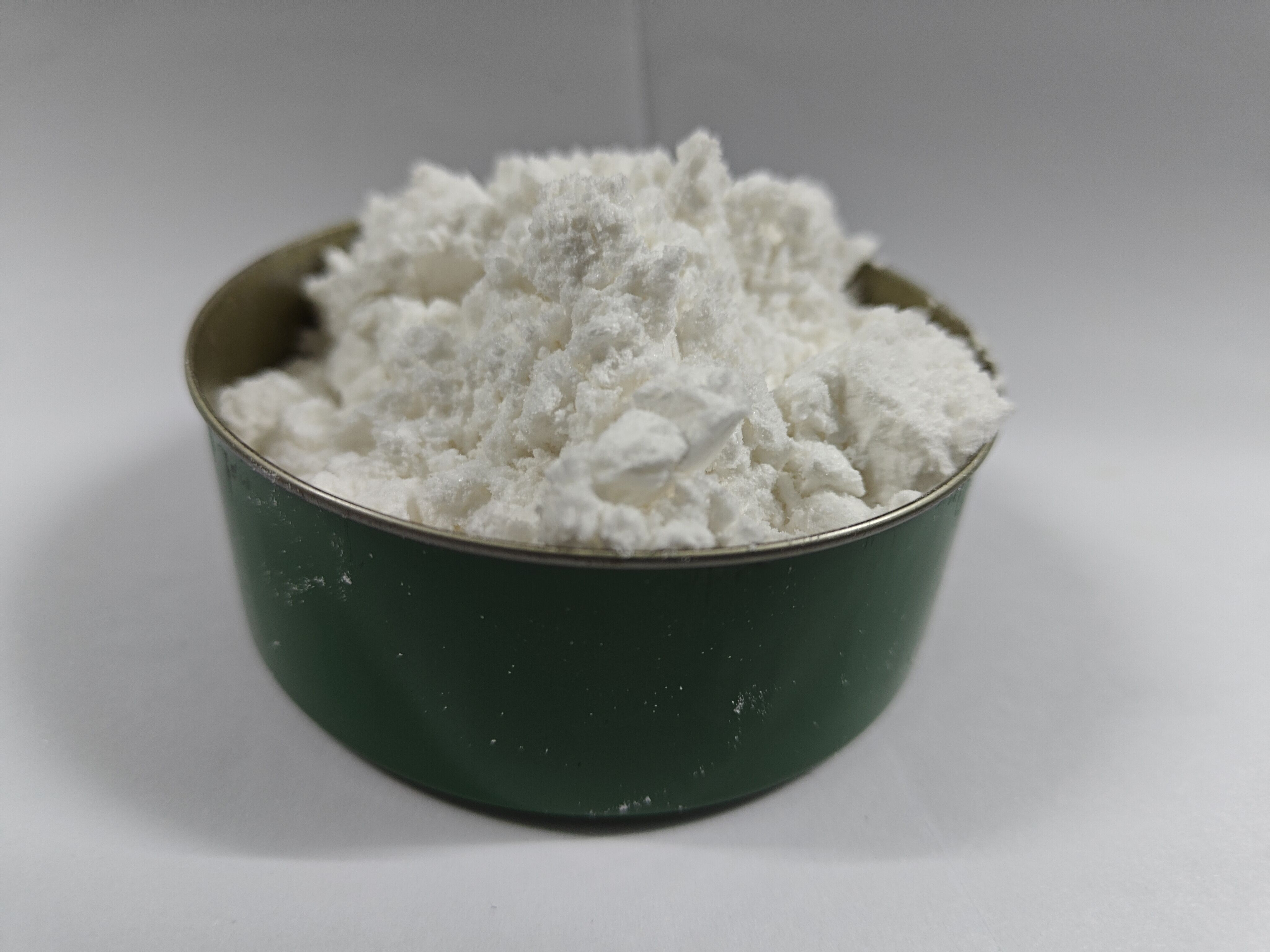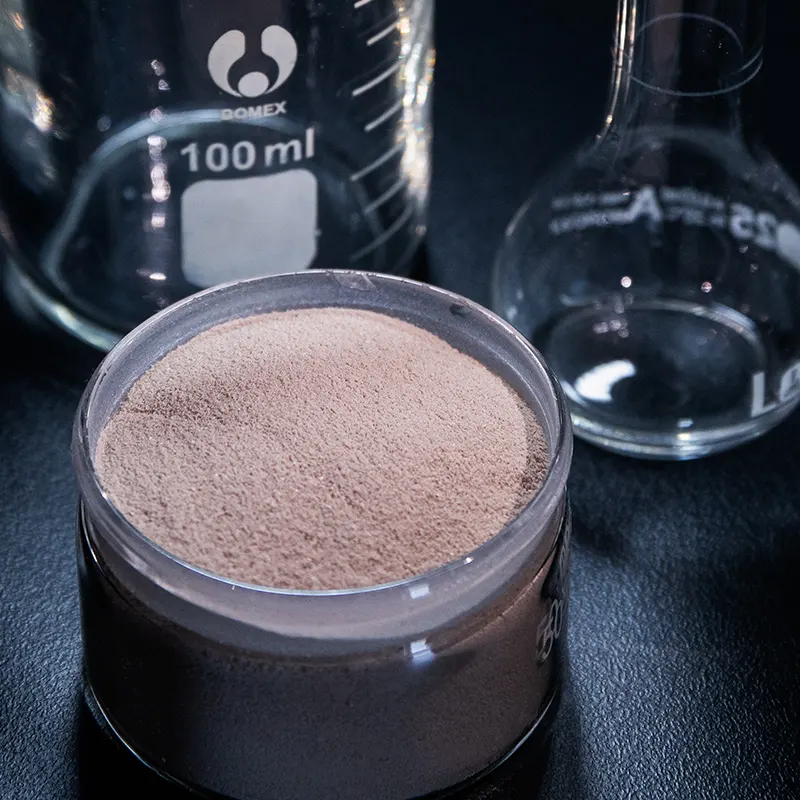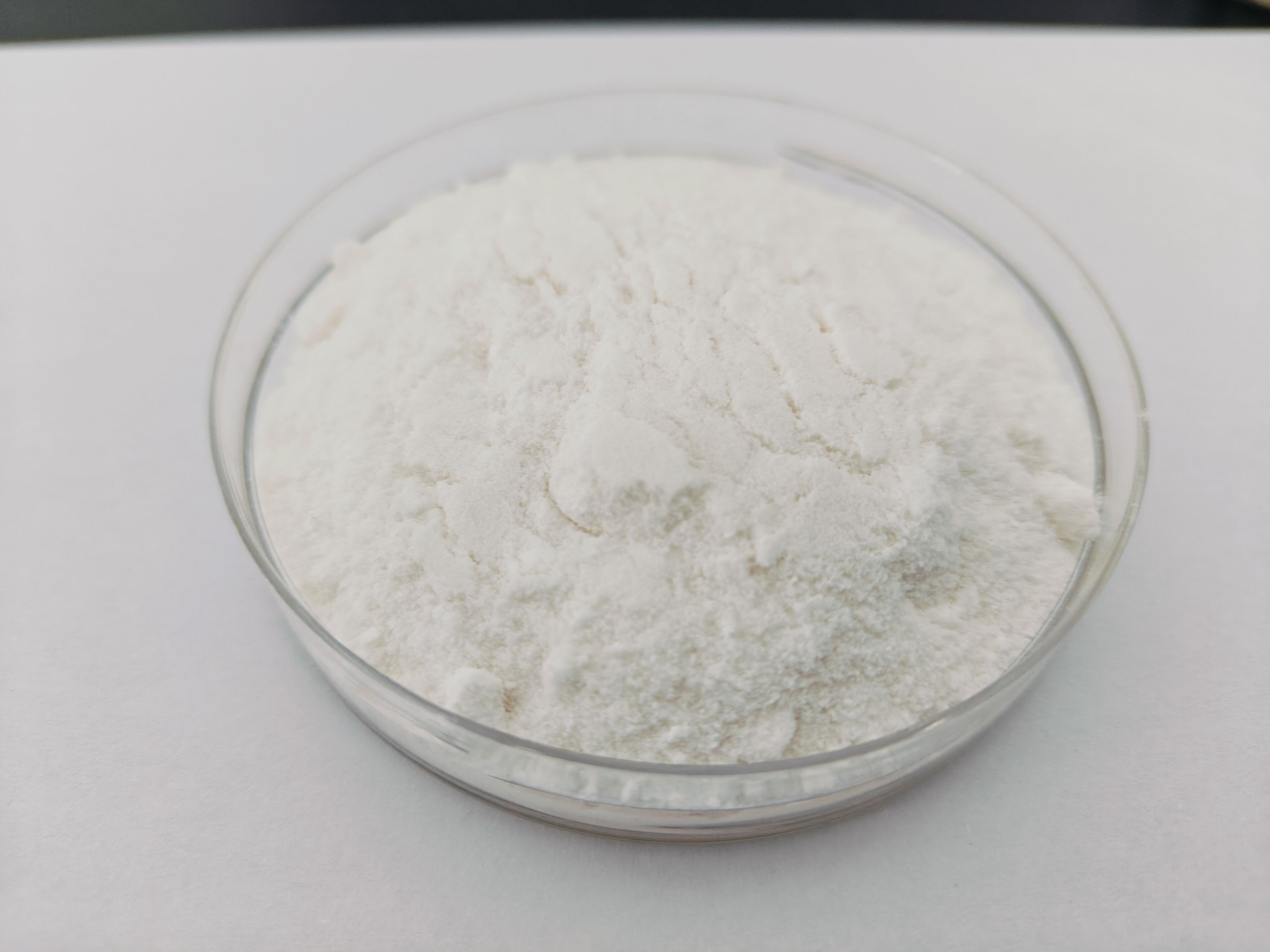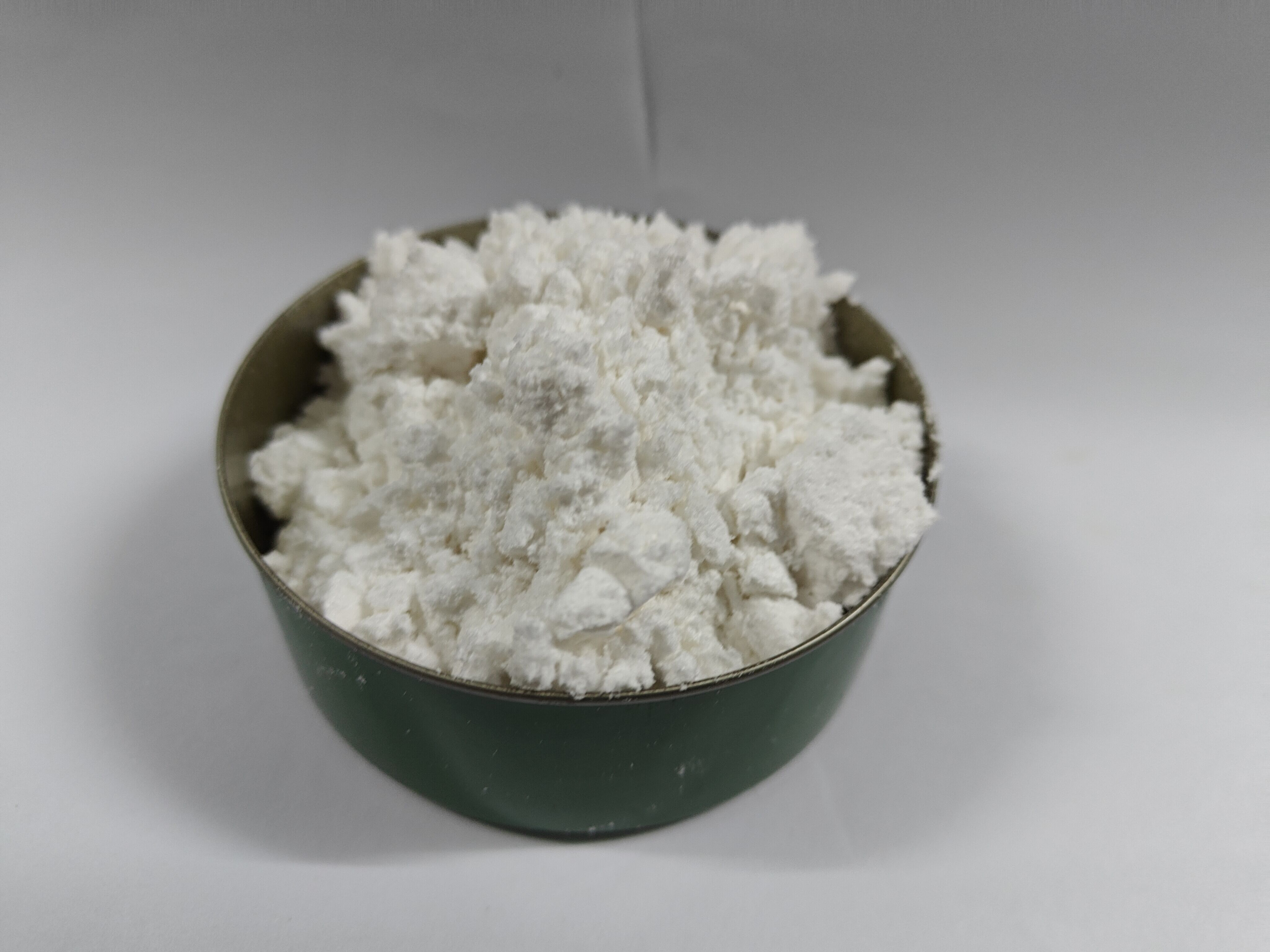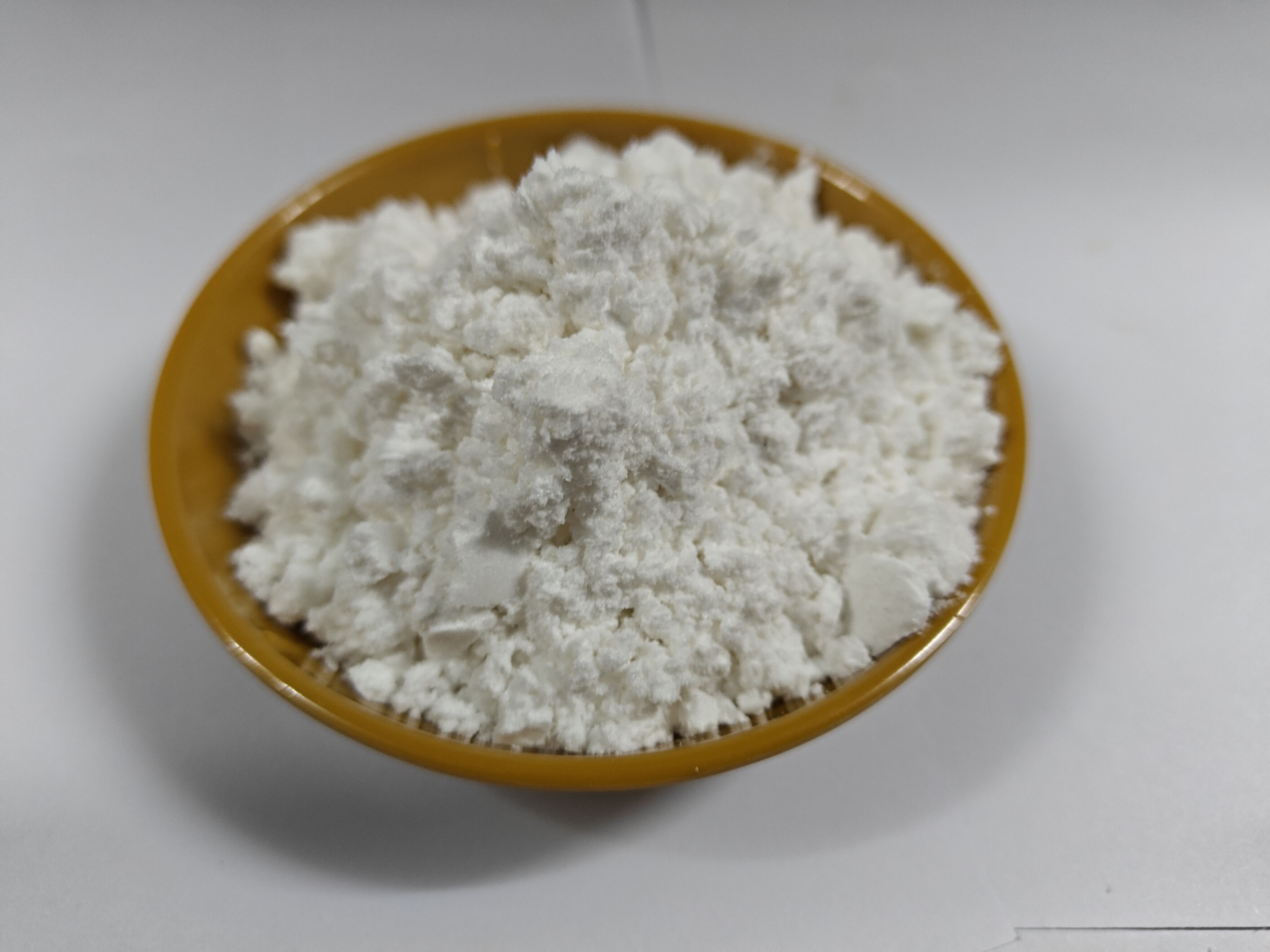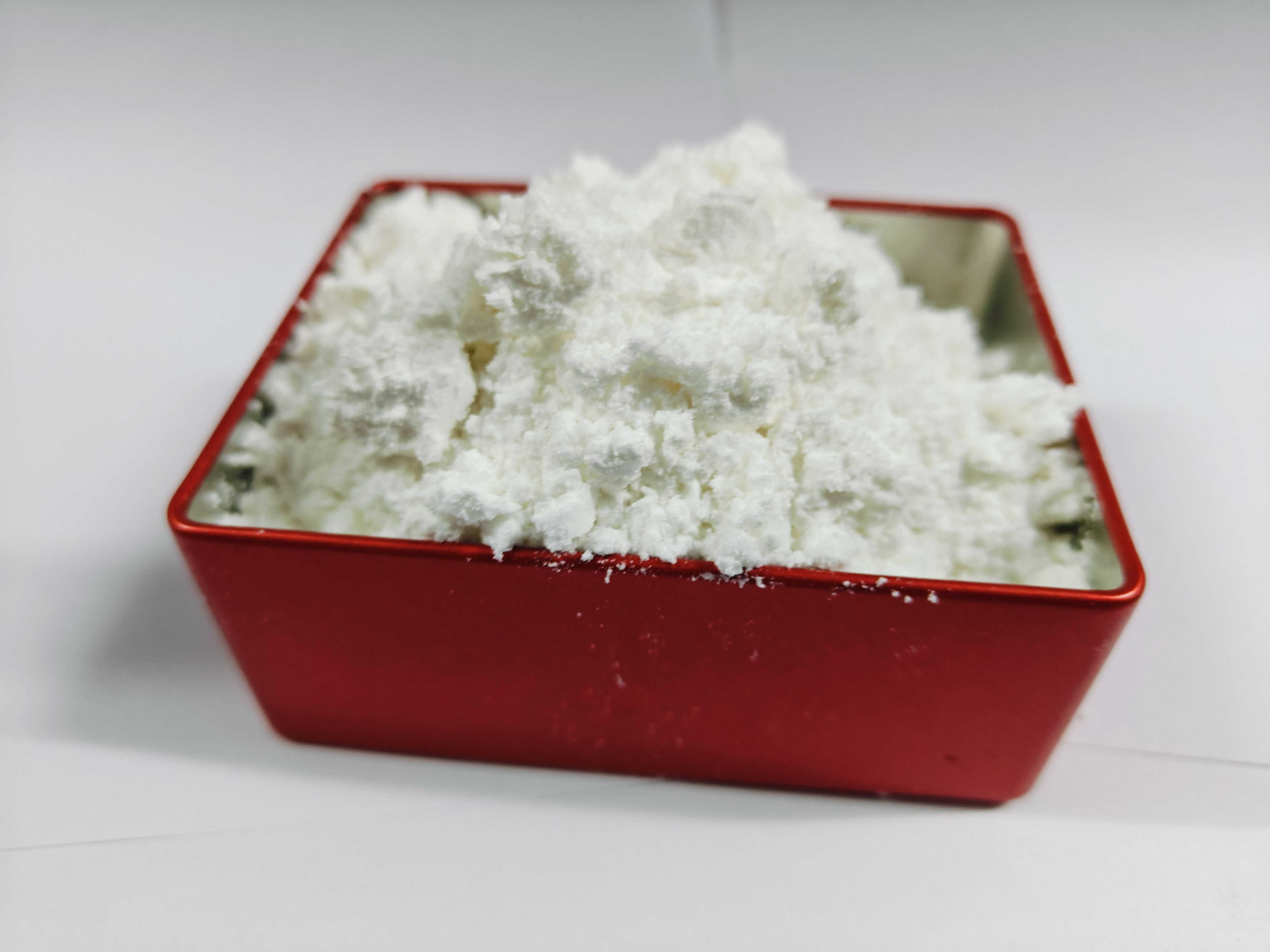cdi reagens in organiese sintese
CDI (1,1'-Carbonyldiimidazool) reagens is 'n veelsydige en kragtige hulpmiddel in organiese sintese wat die manier waarop chemici verskeie chemiese transformasies benader, gerevolutioneer het. Hierdie kristalliene wit vaste stof dien as 'n doeltreffende koppelingsreagens en karbonyleringsmiddel, wat dit onontbeerlik maak in moderne organiese chemie. Die reagens werk deur karboksylsuure te aktiveer om hoogst reaktiewe tussenvoortkomstes te vorm, wat dan verskeie nukleofiliese vervangingreaksies kan ondergaan. Sy primêre funksie behels die vorming van amide, esters en ander karbonyelbevattende samestellinge onder sagte toestande. Die tegnologiese kenmerke van CDI sluit in sy stabiliteit by ruimtetemperatuur, uitstekende oplosbaarheid in algemene organiese oplosmiddels, en die voortbring van omgewingsvriendelike byprodukte. In farmasieutiese sintese word CDI wydverspreid gebruik vir peptiedbindingvorming, medikamentontwikkeling en die skepping van komplekse molekulêre strukture. Sy toepassings strek tot polimeerchemie, waar dit die sintese van poliesters en poliamide vergemaklik. Die vermoë van die reagens om effektief by omgewende temperature te werk en sy kompatibiliteit met sensitiwse funksionele groepe maak dit spesiaal waardevol in industriële skaal prosesse.

